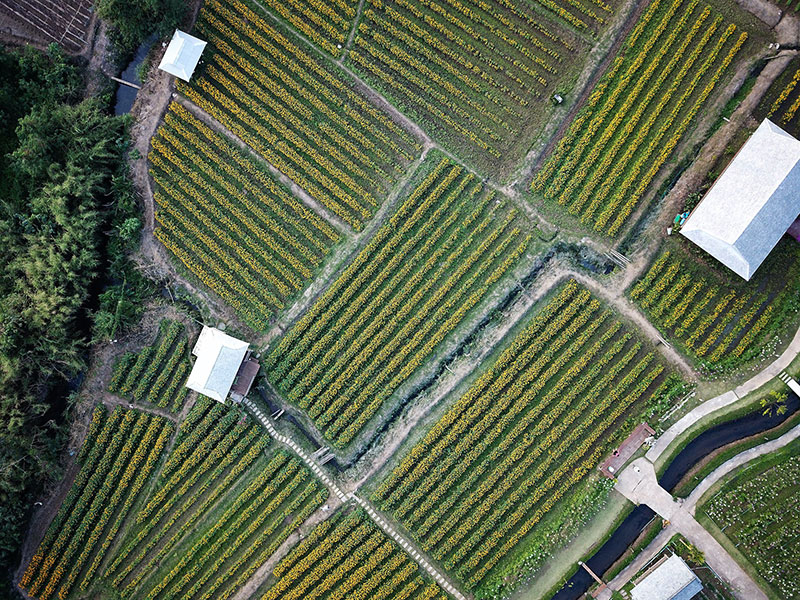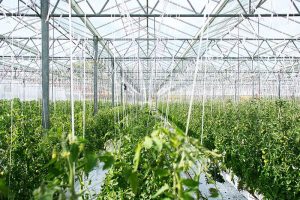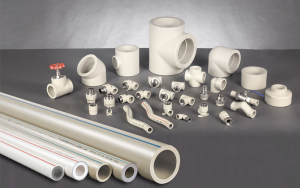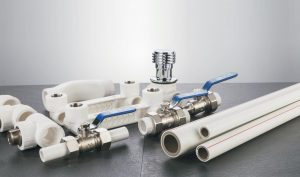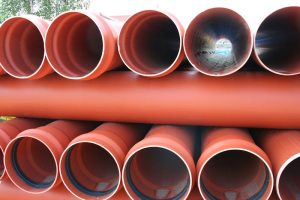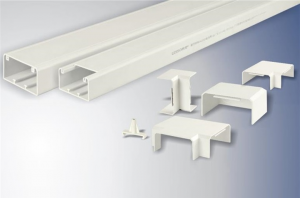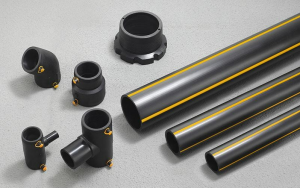Farm irrigation is as essential as drainage, fertilization, pest management and soil quality. Many devices and much ingenuity rise out of these necessities, but few more challenging than agricultural irrigation pipe fittings. Simply stated, these pipes convey water from its source to needed sectors on a farm.
This delivery is completed through perforations or attached sprinklers. In fact, farm irrigation supplies have been evolving over many decades, and come in varying sizes, materials and designs. They are an established and familiar presence on countless working agricultural operations. Yet there is more than meets the eye to these necessary conduits.
What Does an Agricultural Piping Network Consist Of ?
There is more to irrigation than a pipe. Many components make up a farm irrigation system, which includes the water source, pump, filter, pressure regulator, etc. This guide will mainly talk about the connecting part – the agriculture pipes. The agricultural piping connects all parts to effectively deliver the water and nutrients to the crops.
What Are the Types of Piping Used for Irrigation?
The kind of system a farm employs for irrigation is conditioned on such variables as the grade, or incline, of the land; the porousness of the soil; and, of course, affordability.
Flood irrigation, for example, runs water down a slope by means of Polyvinyl chloride (PVC) piping or raised earth borders. Sprinkler irrigation, by contrast, delivers water over large swaths of field. Sprinklers can attach to fixed or portable PVC irrigation pipe, even to reeled hose.
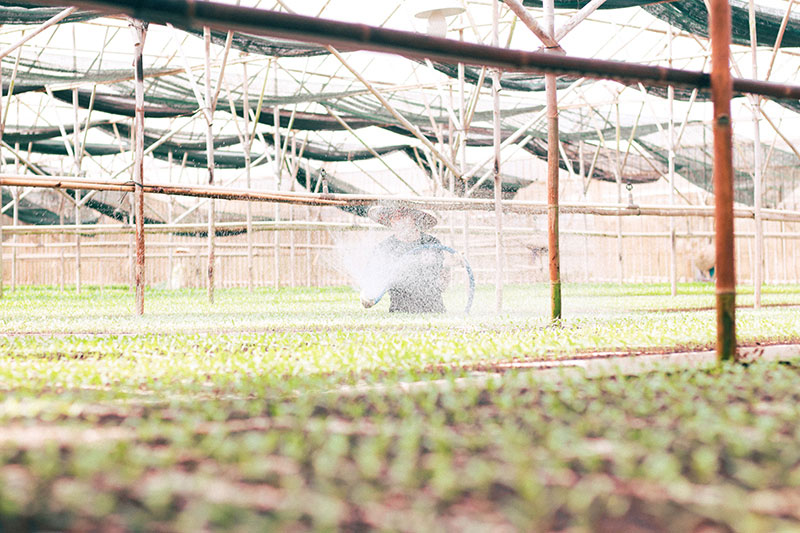

Drip irrigation involves tubing — above or below ground — of small diameter marked with emitters. Basically, emitters are openings through which water flow is regulated. The most narrowest piping is called drip tape; this is used primarily with vegetable crops, but has been known to irrigate grains just as well.
Other smaller-scale irrigation designs include micro irrigation applications whereby water is transmitted to micro-sprinklers. These are frequently placed at the base of trees in fruit orchards or arboretums where moisture is conducted through PVC pipes.
Among all the types of irrigation piping, the PVC pipes are most used and best reated in the world. PVC pipe is tough. It can deal with pressure and unexpected weight. Likewise, under the correct conditions, it can last more than 100 years without being supplanted. Second, PVC pipe is economical. It costs less money than a metal pipe. At last, PVC is accessible in numerous structures.
LESSO’s agricultural PVC Pipes hoses includes polyester fiber reinforced hoses, transparent single pipes, steel wires, and suction spiral pipes. It will suits almost all your needs for agribusiness.
Irrigation Pipe Materials
The choice of which materials to use with regard to on-farm irrigation piping is informed by a number of variables. How well does the material withstand solar radiation (above ground, of course)? What temperatures can it endure? What levels of acidity or alkalinity bring stress to it? What is the capacity for pressure? What sort of earth load can below grade pipes handle? These questions, and others, are best answered before a decision is made on the right material for irrigation.
Myriad metals, plastics, composites and ceramics make up the wide range of piping constituent elements. Three of the most frequently selected are polyethylene, polyvinyl chloride, and PVC pipes with steel wire frame. Sometimes called “black roll pipe,” polyethylene piping comes in 300-foot rolls, and is sometimes considered more difficult to install. PVC irrigation pipe, on the other hand, has a reputation for strength and durability, sometimes lasting for a century or more. It is somewhat more expensive than polyethylene but it can pay for itself over the passage of time.
What Is the Best Size for Irrigation Pipe?
Irrigation piping comes in multiple diameters, thicknesses and lengths. For modern and intensive agriculture, the optimal dimensions largely depend on the area of farm and the amount of water in need, If it is irrigating tens of thousands of acres, a large-diameter pipe must be used to divert water in and out.
The size also depends on conditions on the ground and the purpose for which it is installed. Pipes placed in uniformly graded furrows, for example, will not require the same thickness as those placed on sloped surfaces where swells may occur. Diameter choices rest on how much water — and at what pressure — is expected to flow through. For 1,000 gallons of water to pass through the pipe per minute, a 12-inch diameter suffices. More than that could call for 15 or even 18 inches. In short, the best PVC pipes for agriculture must be determined farm by farm.
Farming and Agriculture Projects with PVC Pipe
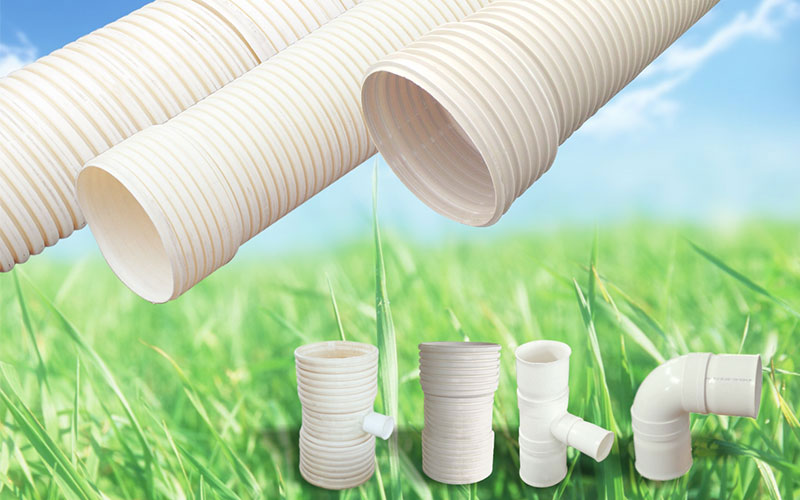

PVC Piping is used in many different agricultural applications. These include irrigation pipes, above ground flowline pipes, UV pivot pipes and well shrouds and so on. Below are two interesting agricultural projects with PVC pipe.
1. PVC Deep Garden Irrigation
This irrigation is especially used when planting trees to give them along with large plants plenty of water at the deep root zone. This allows the trees and plants to get water deeper and spread roots further underground, which in turn enables them to have a better life through a drought.
2. PVC farmland Irrigation
At present, most countries still use earth canal irrigation for farmland, and waste of water is very serious. Due to lack of water, a large amount of arable land is not well irrigated and crop yields are very low. The use of PVC agricultural irrigation pipes for irrigation, can save about 50%, and can increase production. PVC farmland Irrigation pipes are another broad area for PVC applications.
In Summary
An agricultural irrigation system is pivotal in the success of any farm. Among all of the system’s components, piping is essentially important due to its connecting funtion. Only by using the best agriculture piping, the irrigation system can work best. Agricultural piping benefits farmers who need to keep their fields at critical moisture levels. products like LESSO Agricultural Pipe come in a wide selection so that growers can tailor their irrigation supplies to their particular circumstances and business plans.


